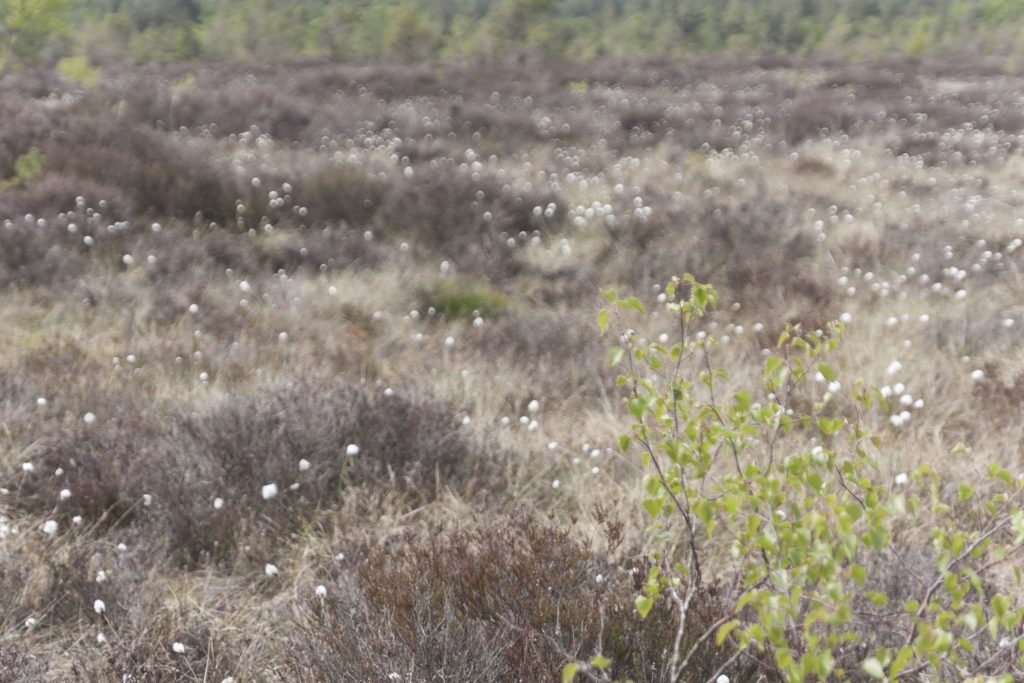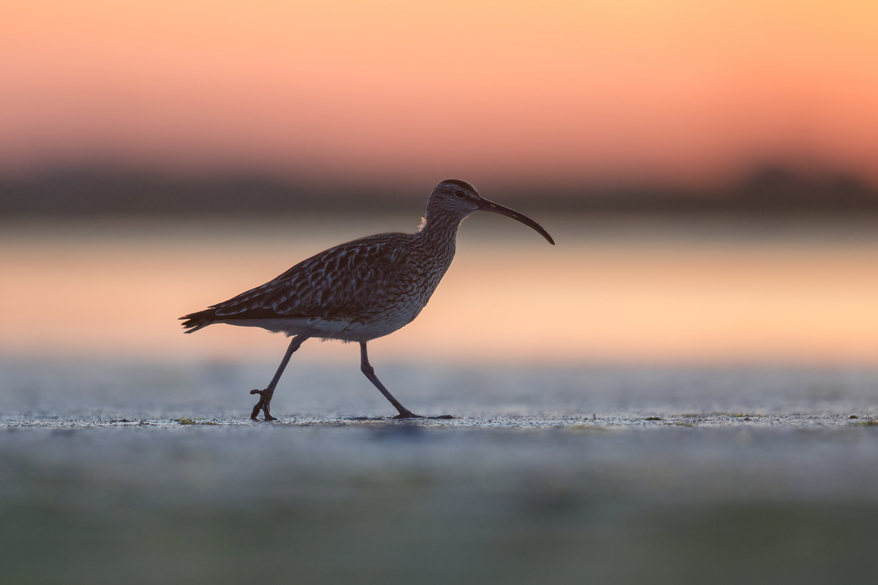Manifesto for Nature: Biodiversity on its knees as election looms

January 20th, 2020
Ireland’s natural world is in appalling shape and needs the full backing of the public to push election candidates to bring it back from the brink, a leading nature conservation group has warned.
Launching its Manifesto for Nature this afternoon, BirdWatch Ireland (BWI) starkly laid out the current state of our ailing natural world.
In addition to two-thirds of our wild bird species being listed for conservation concern, we have also seen a 40 per cent decline in waterbird species in less than 20 years.
One-third of our wild bees are threatened with extinction, 85 per cent of internationally important and protected habitats are in bad shape, under one-third of our hedgerows are in good nick and water quality is declining.
The State’s latest biodiversity assessment report sent to the European Commission last year also points to the poor status of native woodlands, sand dunes, bogs, uplands and the marine habitats.
BWI’s assistant head of advocacy Oonagh Duggan called on the public to put these issues front and centre when candidates come knocking on doors.
Our flora and fauna – currently in “A&E” – need the full backing of all parties if we are to “to halt and reverse the declines in species and habitats”, she added.
“We call on the [next] government to establish a sound pathway to halt and reverse biodiversity loss and restore nature, deliver robust climate action, develop a new food and agriculture policy and to protect our seas for nature and people. We have no time to lose,” Ms Duggan warned.

Key policy changes needed
A key ask outlined by BWI is for 30 per cent of Ireland’s land and seas to be protected by 2030, including the restoration of peatland, woodland and grassland. This is largely in line with a landmark plan expected to be brought forward by the UN later this year.
This would create both climate and nature dividends, BWI said, with agricultural intensification, peat extraction and our conifer clearfell plantation forestry model currently playing a key role in habitat destruction and the release of emissions.
Ensuring that the next iteration of the Common Agriculture Policy prioritises support for low-intensity high nature value farming is critical for the likes of grassland-dependent species such as Curlew, as well as pollinators, wildflowers and many more creatures.
“People need nature and we are part of it. We love hearing bird song, seeing wildflowers, walking by the sea and in woods. It’s good for our mental health. We depend on it for food, fibre, and to regulate air, water and climate. It is our life support system and we must support it now too,” Ms Duggan said.
In place of conifer plantations, BWI wants to see a native species-focused afforestation policy that ensures important habitats are protected. The group also wants new legislation to protect hedgerows, an important habitat for many species, as well as an important carbon sink across the Irish landscape.
The resource-strapped National Parks and Wildlife Service (NPWS) also needs to see a serious bump in funding, according to BWI, calling for a €100 million budget to allow rangers to do their job effectively.
A recent review of national biodiversity spending found a “continuous year-on-year reduction” in the service’s budget that has left it “in a critical state”. The 2019 budget was just under €14 million compared to €84 million for the Greyhound Racing Board and Horse Racing Ireland.
BWI also wants to see all political parties commit to a Citizens’ Assembly to address biodiversity loss as agreed when the Dail declared a biodiversity emergency in May 2019.

Urgent biodiversity response needed
While biodiversity did not get much screen time during the first week of campaigning in what many are dubbing the climate election, things are picking up this week.
This morning, the Social Democrats launched a comprehensive biodiversity plan, while the Greens will launch their own biodiversity policy at the nature reserve on Bull lsland tomorrow afternoon.
The Social Democrats policies include the voluntary purchase of unprofitable farmland for converting to native woodland. This would help to achieve the party’s other goal of connecting and doubling the size of protected nature reserves across the island.
The party also wants to bring in new legislation to improve urban biodiversity, expand wildlife corridors across the country, and examine upstream natural based solutions for flood relief.
It also plans to provide “significant state funding” for the conservation of endangered and vulnerable native species, as well as providing additional resources to monitor and tackle invasive species.
The establishment of a Wildlife Crime Unit within An Garda Siochana, the protection of existing hedgerows and trees in the planning process, and the potential eliminating of non-agricultural pesticide use also form part of the Social Democrats ambitious plan.
Councillor Jennifer Whitmore, an ecologist and party candidate in Wicklow, said that biodiversity loss is “one of the most urgent challenges” facing Ireland and will have “catastrophic consequences” if not met head on by policymakers.
“There are solutions where there is the political will to lead on a radical reimagining of our relationship to the natural world. Our environment and our wildlife are robust, as long as they are given the time and support to recover,” added Cllr Whitmore.
“We need joined up thinking and action from national and local governments, working with our farmers and local communities, to implement a series of ambitious measures that will reshape how we work with our environment and restore our biodiversity.”
[x_author title=”About the Author”]







